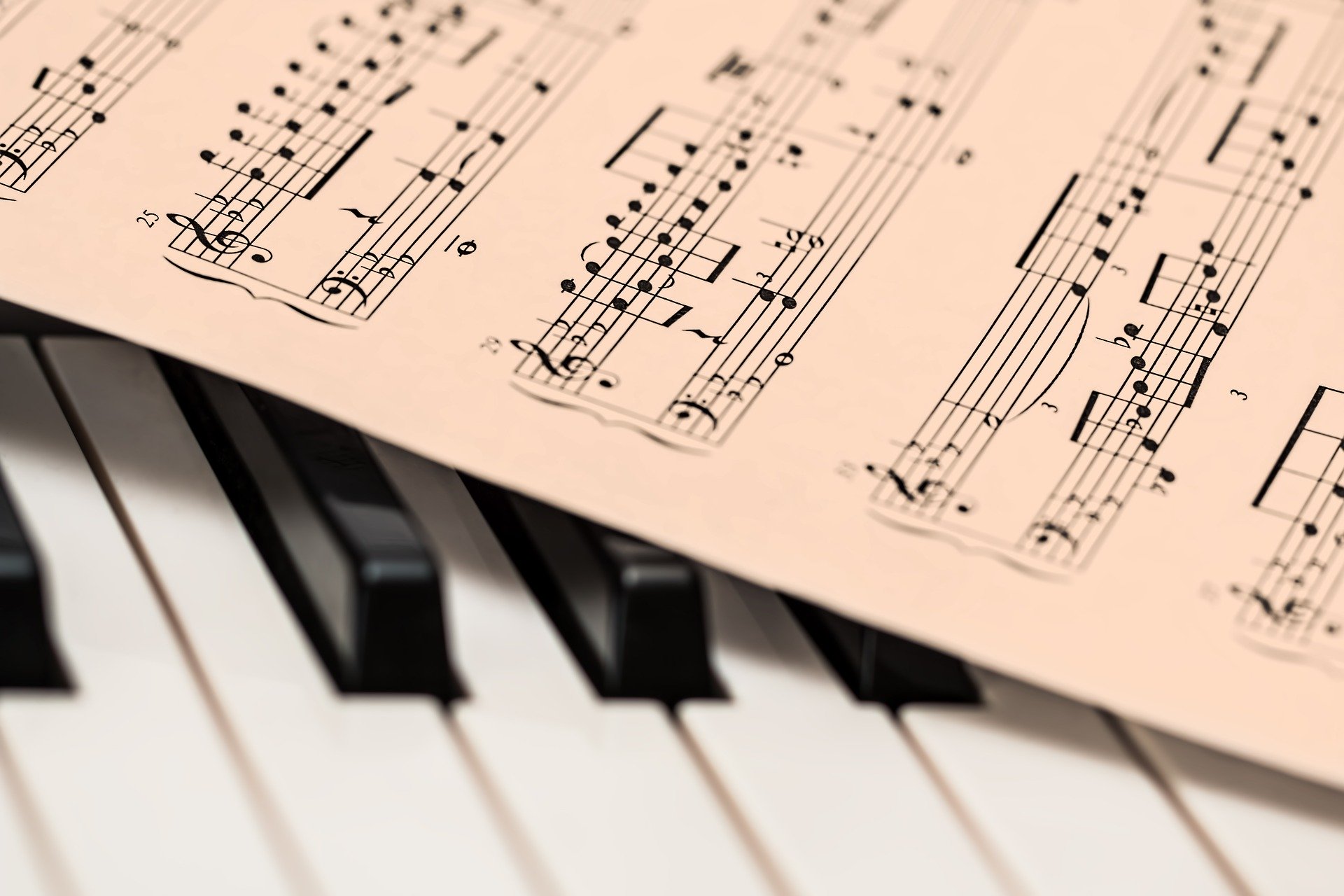Music can bring many benefits to our lives. You may experience strong memories attached to certain songs, while other songs can stir up poignant emotions. There is no doubt that memory is tied to music in some way – but can it help a person suffering from dementia? In this blog we will take a look at the connections between music and memory, and consider whether music can help our loved ones with memory loss cope with their situation.
Millions of senior citizens reside in long-term care and assisted living facilities. Many are living with both cognitive and physical struggles, trying to get through their day without familiar surroundings, faces they recognize, and their favorite lifelong pastimes. No mater how hard their family and friends may try, seniors lives often lack social behavior, meaningful choices, and a sense of purpose.
How Memory Works
When you concentrate intently on a piece of information, the data is transformed into electrical impulses that travel throughout the brain via neurons and synapses. If we repeat the information often enough, the pathway between neurons creates a stored memory.
The evidence that music can help to restore memories is growing. Listening to (or playing) music stimulates the portions of the brain associated with memory, reasoning, speech, emotion, and reward. Two recent studies reported that music not only helps in retrieving stored memories, it also helps to create pathways for new memories. Both studies, one conducted in Japan and one in America, healthy seniors scored higher on memory and reasoning tests after they experienced moderate exercise along with musical accompaniment.
Researchers at the Harvard-affiliated Beth Israel Deaconess Medical Center have reported that singing lyrics can be especially beneficial to those recovering from a stroke or brain injury – as long as the damage affected the left-brain region responsible for speech. The capability to sing originates in the right side of the brain. If that portion of the brain is undamaged, individuals can learn to communicate their thoughts by singing them first.
Did You Know? Singing has assisted healthy people of all ages learn words and phrases more quickly.
Music Therapy and Memory Care
In 2014, a social worker named Dan Cohen conducted a study with dementia and Alzheimer’s patients. He asked their families to assemble playlist of their favorite songs and music genres, and created a personal MP-3 for each patient. The response was remarkable. Cohen watched patients who had no visible connection to the world before listening to the music seemingly “come alive”. Their behavior became less erratic, their mood improved, and their quality of life was positively influenced in surprising ways. Non-verbal patients began to sing familiar songs, while other patients could describe events and people attached to a particular song when it played. Music seems to open up memories across the spectrum, giving families a mechanism to positively communicate with their loved ones once again.
The genre of music seems to matter little – Cohen utilized jazz to rock to classical music and experienced the same astounding results.
So while music may not cure dementia, it does seem to offer the opportunity for seniors to reconnect with the world in a special way – and remember important people and events in their lives. If you have a loved one and want to reignite some passion and joy, try music!
At A Banyan Residence, we are dedicated to helping our residents achieve the most fulfilling life possible. Whether through meaningful social interaction, arts and crafts, exercise or music therapy – we are here to help you connect to those in assisted living and memory care.
,

